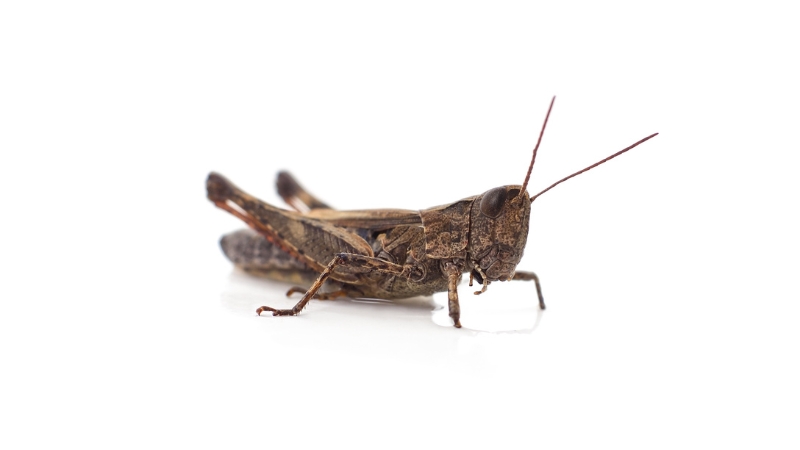Scientists know the general public don’t want to eat insects
Experts are recommending hiding insect flour in popular food products, as it becomes clear that overcoming the “yuck factor” associated with insects is proving too much for Western consumers.
A paper presented at the recent European Congress on Obesity, in Venice, Italy, revealed that only 13% of UK adults indicated they were willing to consume insects on a regular basis, with 47% saying they would not do so under any circumstances.
The researchers found that perceptions about eating insects were generally negative, with participants anticipating lower levels of enjoyment and taste than other foods.
The researchers found, however, that incorporating insect “flour” into processed foods such as bread, pasta and pizza, could help overcome sensations of disgust associated with eating insect products.
Insect flour is already being added to products like energy bars and snack chips.
“The disgust factor associated with eating whole insects could be overcome by incorporating insect flours into processed foods. This has been done successfully with rice products fortified with cricket or locust flours in other parts of the world,” says co-author Dr. Maxine Sharps from De Montfort University in a media release.
Advocates of consuming insects argue that they have a desirable macronutrient profile, being a rich source of protein, and that they can be farmed with a much smaller environmental footprint than traditional animal-based protein sources. They also claim that population projects mean that it simply won’t be possible to feed a world population of 10 billion with animal foods.
“If insects are to be a mainstream part of the Western diet, the disgust factor is one of most important challenges to be overcome. After all, there may be eventually no choice with climate change and projected global population growth,” added Dr. Sharps.
The so-called “alternative proteins” industry is facing stiff opposition, not only from consumers, who don’t want to consume products like “plant-based meat” and insects, but also from legislators.
Two US states, Florida and Alabama, have now banned lab-grown meat, with two other states considering bans as well.
After signing the Florida bill, Governor Ron DeSantis said that his aim was to protect his state’s “vibrant agricultural industry” against globalist elites who want to blame traditional agriculture, especially livestock agriculture, for causing climate change.
“What we’re protecting here is the industry against acts of man, against an ideological agenda that wants to finger agriculture as the problem, that uses things like raising cattle as destroying our climate,” DeSantis said.
“This will be people who will lecture the rest of us about things like global warming, they will say you can’t drive an internal combustion vehicle, they will say agriculture is bad, meanwhile, they’re flying to Davos in their private jets.”
Despite its status as an official “food of the future,” lab-grown meat has been dogged by persistent scandals and increasingly downbeat assessments of its potential, as it becomes clear that the technology may not be scalable and could even be significantly worse for the environment than the animal products it is intended to replace.
Is This Infowars’ Last Broadcast? Patriots Rally Behind Alex Jones and Crew


